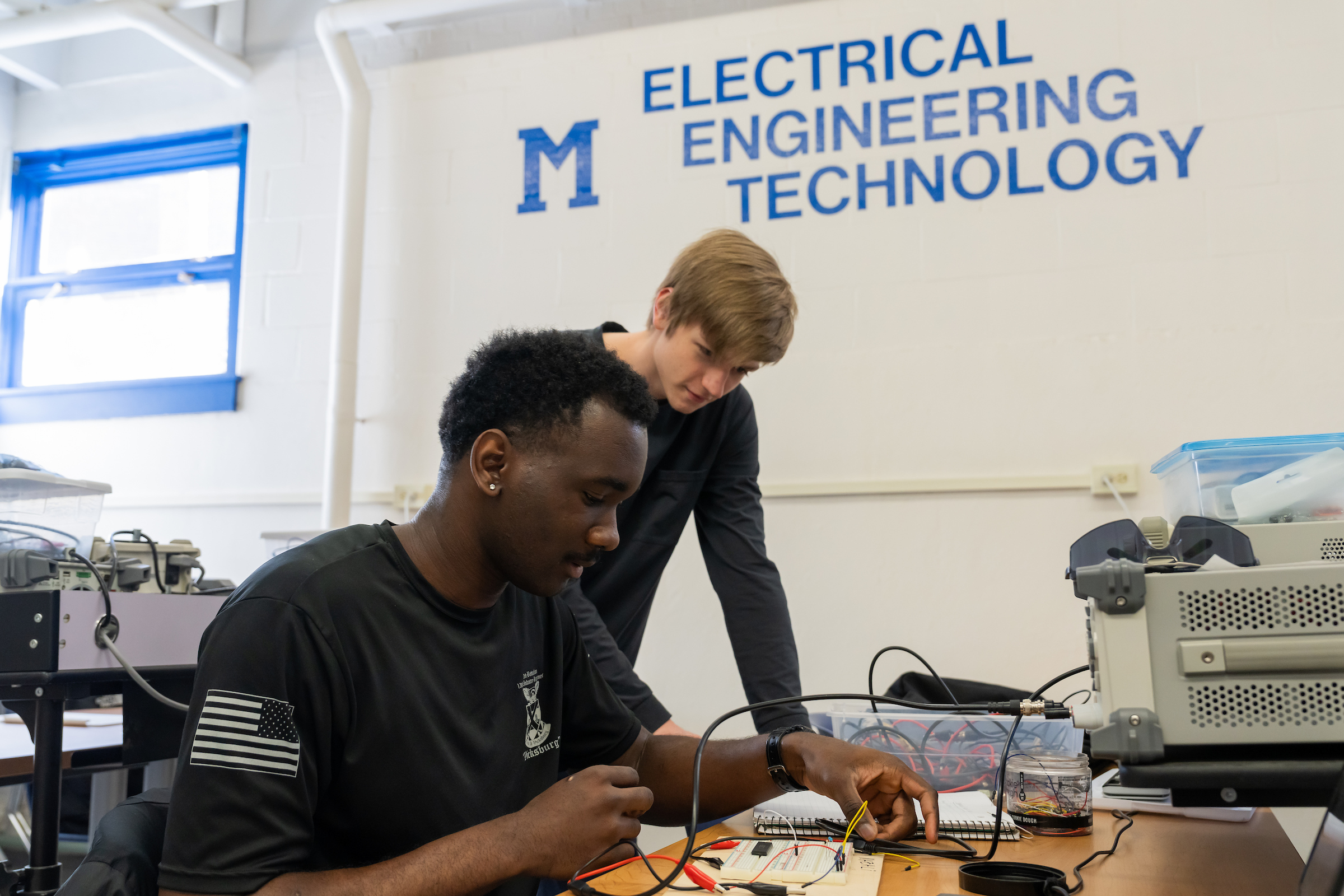
Online Undergraduate Certificate in Electrical Engineering Technology
About the Program
The 100% online Undergraduate Certificate in Electrical Engineering Technology increases students’ skills and technical knowledge in the industry, including AC circuit analysis, analog circuit fundamentals, and introductory power design and analysis.
An undergraduate certificate differs from a bachelor’s degree in that the curriculum focuses on subjects that will benefit your career and show employers proof of practical skills. An undergraduate certificate can also be used as continuing education for professional engineers and contribute to significant workforce development.
Contact Us
Have questions about earning your Undergraduate Certificate in Electrical Engineering Technology online with UMaine? Contact a UMaineOnline advisor.
Curriculum
Our curriculum includes hands-on, practical applications to prepare students for employment quickly. Several elective options allow students to develop specialized skills in the areas most important to them.
Admissions
Careers
The EET faculty has built a strong network of contacts to help graduates find employment. Our faculty personally works with students to help them find a position that fits their interests. Our graduates can find careers such as project engineers, electrical and instrumentation engineers, equipment engineers, field engineers, power systems engineers, or electronic applications engineers. Over the last several years, we have had an almost 100% placement rate within three months of graduation.
According to the U.S. Bureau of Labor Statistics, the overall employment of electrical and electronics engineers is projected to grow 5% from 2022 to 2032, faster than the average for all occupations. As of May 2023, the median average wage for electrical engineers is $106,950, and starting salaries can range from $60,000 to $70,000.









